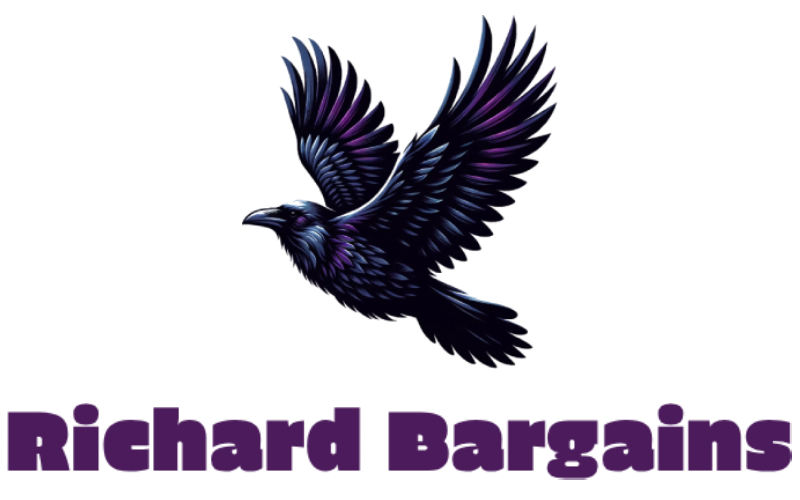In an era where technology permeates every aspect of our lives, the realm of reading has not been left untouched. The debate between ebooks and traditional paper books is a reflection of the broader tension between digital convenience and analog nostalgia. Both formats offer unique benefits and challenges, and understanding these can help readers make informed choices about their reading habits.
The tactile pleasure of holding a traditional paper book is an experience that many readers cherish. The weight of the book in your hands, the texture of the pages, and the distinct smell of ink and paper create a sensory engagement that digital screens cannot replicate. This physical connection can enhance the immersive quality of reading, making the reader feel more connected to the narrative. Moreover, the aesthetic appeal of a well-stocked bookshelf adds a personal touch to one’s living space, showcasing a reader’s literary journey and taste.
Paper books also offer practical advantages that contribute to their enduring popularity. For instance, they do not require batteries or electronic devices, making them reliable and accessible in any environment. Whether you are reading on a beach, during a power outage, or while traveling in areas with limited connectivity, a traditional book is always ready to serve. Additionally, for many readers, the act of physically turning pages helps in better retention and comprehension of the material, as it provides a tangible sense of progress through the text.
On the other hand, ebooks bring a level of convenience and accessibility that traditional books struggle to match. An ebook reader or tablet can store thousands of books, providing an entire library at your fingertips. This portability is a significant advantage for those who travel frequently or have limited space for physical books. The ability to carry a vast collection of literature in a single device allows readers to switch between multiple books effortlessly, catering to varied reading preferences and moods without the burden of physical weight.
Ebooks also offer customizable reading experiences that traditional books cannot. Readers can adjust font size, background color, and even lighting to suit their preferences and reduce eye strain. Built-in dictionaries and note-taking features enhance the reading experience, making it easier to understand complex texts and keep track of thoughts and insights. Additionally, ebooks often come with search functions, allowing readers to quickly locate specific information, making them particularly useful for academic and research purposes.
Environmental considerations also play a role in the ebook versus traditional book debate. Ebooks have a smaller ecological footprint in terms of production and distribution. The absence of paper, ink, and physical transportation reduces the environmental impact associated with traditional book publishing. However, it is essential to consider the electronic waste generated by discarded devices and the energy consumption of digital reading platforms. Balancing these factors can influence environmentally conscious readers when choosing between the two formats.
The economic aspect of reading is another critical consideration. Ebooks often come at a lower cost compared to their printed counterparts, and many classics and public domain works are available for free in digital format. This affordability makes literature more accessible to a broader audience. Furthermore, digital lending through libraries and online platforms has democratized access to a wide range of books, enabling readers to explore diverse genres and authors without financial constraints.
Despite these advantages, the shift towards digital reading has its drawbacks. Prolonged screen time can cause eye strain and discomfort, detracting from the enjoyment of reading. Additionally, the ephemeral nature of digital content can make the reading experience feel less permanent and substantial. There is a psychological satisfaction in owning a physical book and knowing it occupies a specific place in one’s collection, a sentiment that digital files often lack.
Moreover, digital rights management (DRM) restrictions on ebooks can limit how and where readers can access their purchased content. Unlike physical books, which can be freely shared, sold, or gifted, ebooks are often tied to specific devices or accounts, restricting their transferability. This limitation can be a significant drawback for readers who value the freedom to share their favorite books with friends and family.
In conclusion, the choice between ebooks and traditional paper books ultimately depends on individual preferences and circumstances. Both formats offer distinct advantages that cater to different aspects of the reading experience. Traditional books provide a tactile, sensory-rich engagement that many readers find irreplaceable, while ebooks offer unmatched convenience, customization, and accessibility. As technology continues to evolve, the coexistence of both formats allows readers to enjoy the best of both worlds, choosing the medium that best suits their needs and enhances their love of reading.

